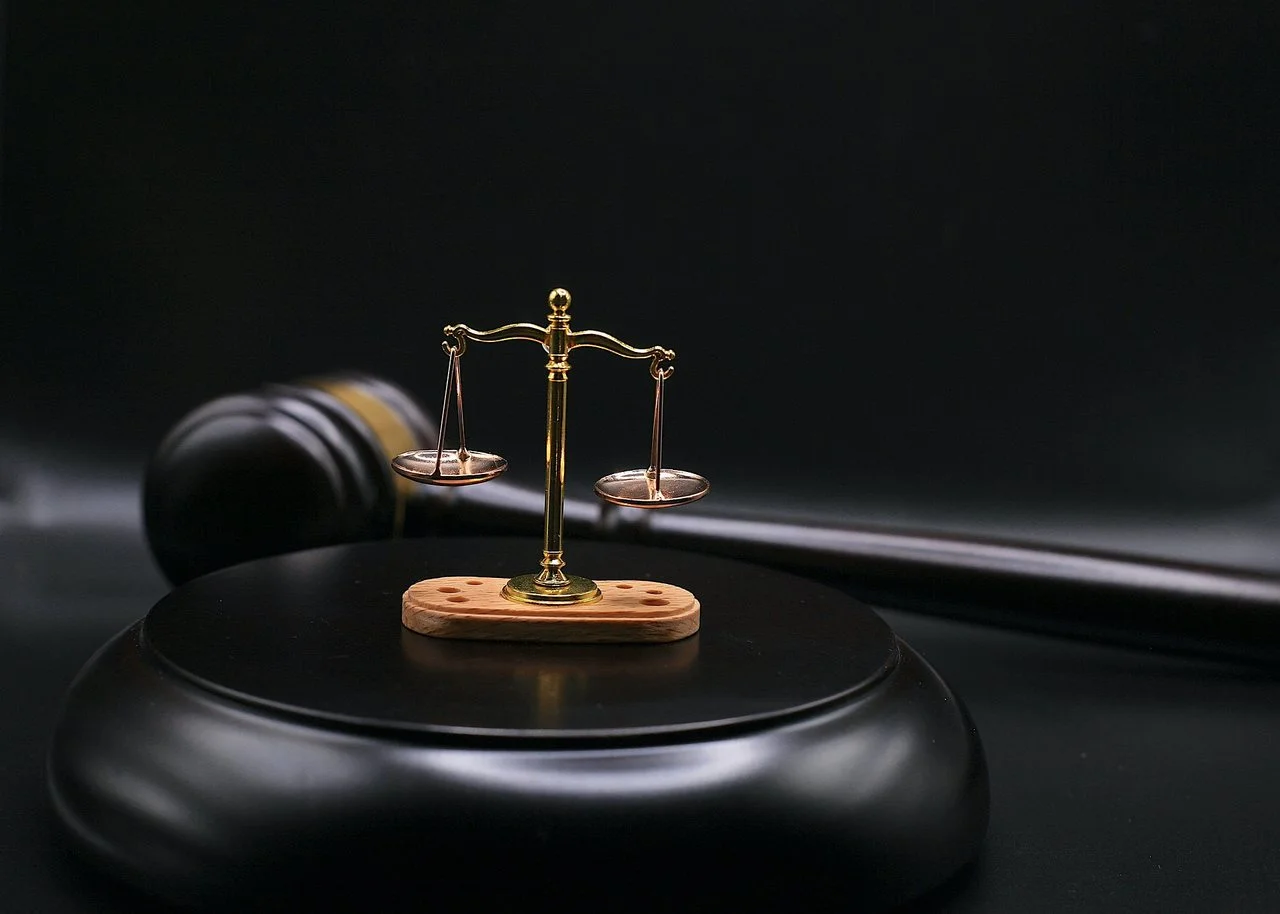Contesting a Will in Queens: What You Need to Know About Probate Disputes

Contesting a will is a legal process in which a person challenges the validity or terms of a deceased individual’s will. In Queens, New York, probate disputes can arise for various reasons, leading to contentious legal proceedings. Here’s what you need to know about contesting a will in Queens:
Grounds for Contesting a Will
There are several grounds on which a will can be contested in Queens, including:
- Lack of Testamentary Capacity: If the testator (the person making the will) was not of sound mind or did not understand the implications of their actions at the time the will was executed.
- Undue Influence: If the testator was coerced or manipulated into making certain provisions in the will against their wishes.
- Fraud or Forgery: If the will was obtained through fraudulent means or if the testator’s signature was forged.
- Improper Execution: If the will does not meet the legal requirements for execution under New York law, such as being signed by the testator in the presence of witnesses.
Who Can Contest a Will?
In Queens, only certain individuals have standing to contest a will. This typically includes heirs-at-law, beneficiaries named in a prior will, or individuals who would inherit under intestacy laws if the will were deemed invalid. Potential contestants must have a direct financial interest in the outcome of the probate proceedings.
Initiating a Will Contest
To contest a will in Queens, the potential contestant must file a petition with the Surrogate’s Court, the specialized court that handles probate matters. The petition must state the grounds for contesting the will and provide supporting evidence to substantiate the claims. Contestants must adhere to strict deadlines and procedural requirements when filing a will contest.
Legal Proceedings
Once a will contest is initiated, the Surrogate’s Court will oversee the legal proceedings and determine the validity of the will. This may involve gathering evidence, conducting hearings, and issuing rulings on contested issues. The court may also appoint a guardian ad litem to represent the interests of any minor or incapacitated beneficiaries involved in the dispute.
Potential Outcomes
If the Surrogate’s Court determines that the will is invalid or that certain provisions are unenforceable, it may revoke or modify the terms of the will accordingly. In some cases, the court may uphold the validity of the will and dismiss the contest, resulting in the distribution of assets according to the terms of the will.
Costs and Consequences
Contesting a will can be a lengthy and costly process, involving legal fees, court costs, and emotional strain on all parties involved. Additionally, contesting a will can strain familial relationships and lead to protracted litigation. It’s essential for potential contestants to carefully consider the potential costs and consequences before pursuing a will contest.
Seeking Legal Advice
Contesting a will is a complex legal matter that requires the guidance of an experienced probate attorney in Queens. An attorney can assess the merits of the case, advise on the likelihood of success, and represent the contestant’s interests throughout the legal proceedings. With knowledgeable legal counsel, potential contestants can navigate the complexities of will contests and pursue a favorable outcome.
Conclusion
Contesting a will in Queens is a significant legal undertaking that requires careful consideration and expert legal guidance. By understanding the grounds for contesting a will, the legal process involved, and the potential costs and consequences, individuals can make informed decisions about whether to pursue a will contest. Consulting with a qualified probate attorney is essential for anyone considering contesting a will to ensure their rights are protected and their interests are advocated for effectively in the Surrogate’s Court.